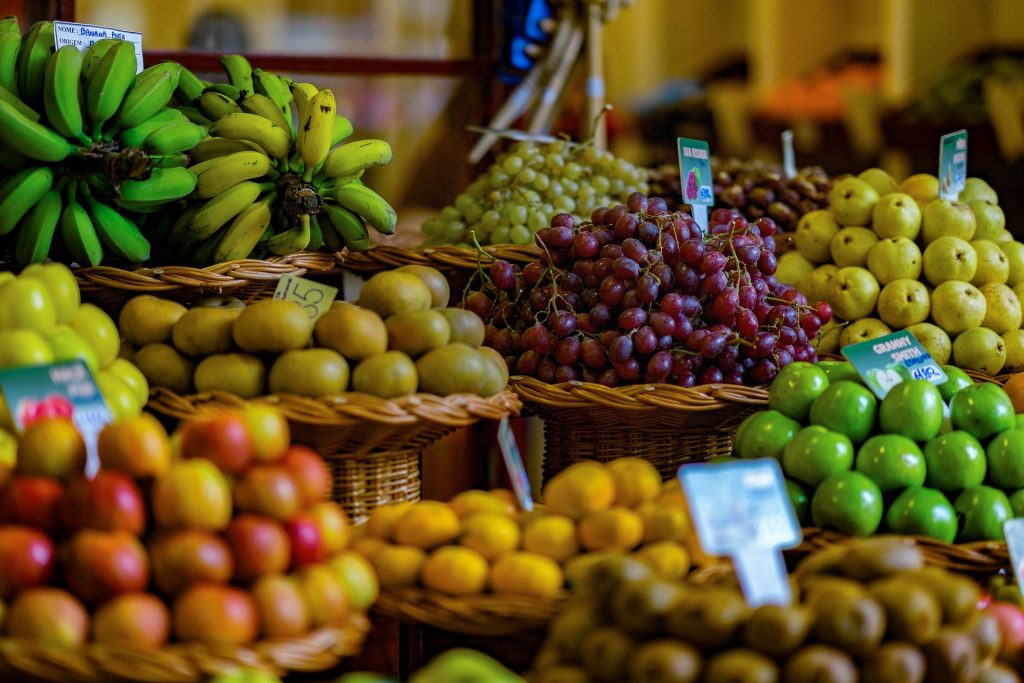People with cancer can have different diet needs depending on the type of cancer and treatment. Some may need more protein and calories, and some may need to eat low-fiber foods instead of high-fiber foods. Either way, it is important to eat and nourish your body. A dietitian can help you with any diet changes you need to make.

Chemotherapy, radiation, surgery, and medications can be hard on your body during treatment. Fortunately, regardless of the treatment, eating a healthful well-balanced diet can help you feel better and speed recovery.
Consume a variety of healthful foods

- Choose a variety of fruits, vegetables, and whole grains.
- Consume less meat, sugar, alcohol, and salt.
- Select and prepare less-processed and healthful foods to give you more energy and strength.
- Choose all colors of fruits and vegetables to help your body fight free radicals and cancer-causing agents.
Try to eat even if you do not have an appetite
- Eating provides the body with sufficient energy to stay strong through treatment.
- By continuing a healthy diet through treatment, you are more likely to finish the entire course of treatment, and the treatment will be more effective.
- Try eating multiple small meals a day instead of eating larger meals less frequently. This can help boost appetite.
- Appetite and taste changes are common during treatment, but your appetite and taste buds can be revitalized! See Diet and Cancer Treatment: Tips for Healthy Eating for more information about side effects.
Some specific recommendations for treatment types
- Surgery tends to dehydrate the body due to stress and common requirements to go without food and water for 12 hours prior to surgery. So, focus on staying hydrated for at least two weeks prior to the surgery. Eat broths and smoothies with protein powder, and drink plenty of water.
- When undergoing chemotherapy treatment, stay well hydrated to help alleviate nausea. Also, try to avoid high fat foods, which can cause a very upset stomach during treatment.
- Radiation can often lead to fatigue, so focus on healthful, high energy protein and complex carbohydrate foods like such as beans, lentils, chicken, nut butters, and barley.
Keeping your body strong and healthy during treatment is important. Also, preparing ahead of time prior to treatment can help you eat healthfully through treatment.
- Make sure your body is well nourished before treatment begins.
- Plan ahead and stock your kitchen with nutritious foods that are easy to prepare.
- Have a support group to help with preparing meals and grocery shopping.
- Look into a grocery delivery service for your home.
Did You Know?
Cooking and eating well can provide more than just nourishment; it can offer a huge psychological boost!


